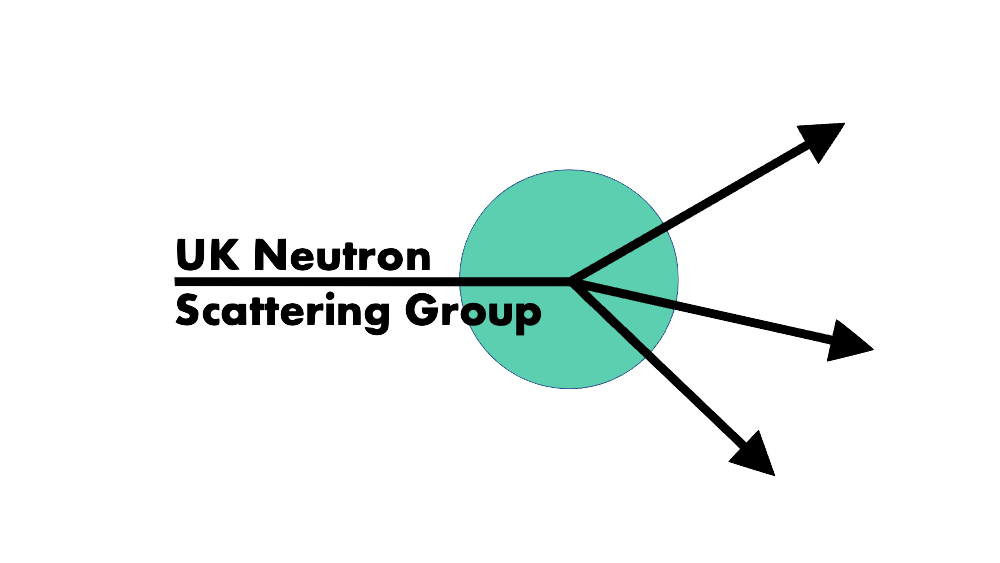About
The group was formed in 1972 to provide a service to scientists interested in the use of neutron scattering.
The use of neutron scattering as a means of studying the structure and dynamics of systems has grown continuously since neutrons became available in reasonable quantities from research reactors and accelerator-based sources. Neutrons are now used for research in physics, chemistry, materials science, geology, archeology, catalysis, biology and engineering, both in the academic and industrial environments.
In the UK the neutron scattering field has been extensively supported by provision of facilities at the ISIS Neutron and Muon source at the Rutherford Appleton Laboratory in Oxfordshire, and the Institut Laue-Langevin (ILL) in Grenoble, France. These world-leading accelerator and reactor sources are both funded by the Science and Technology Facilities Council (STFC). In addition, the UK is funding and supporting the construction of the European Spallation Source (ESS) in Lund, Sweden, which will be the most powerful spallation source world-wide once it comes online in 2027.
Thanks to engagement in these three major facilities, the NSG represents the interests of UK users of scientific neutron radiation towards our own and other international neutron sources, as well as facilitating the dissemination of new UK neutron science at national and international conferences. Indeed the NSG has representative members from all three facilities and also from the European Neutron Scattering Association. Another principal function of the NSG is to communicate information about the neutron facilities available to as wide an audience as possible, particularly to newer entrants to the field and to those who work in related subjects but who may wish to make use of neutron scattering techniques from time to time. These steps are designed to ensure that the UK neutron user community of the future goes from strength to strength.
